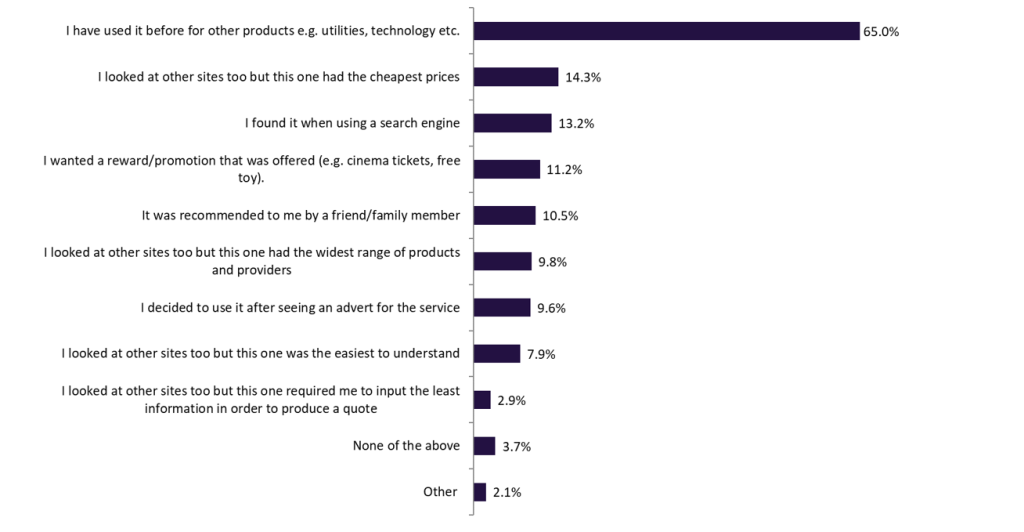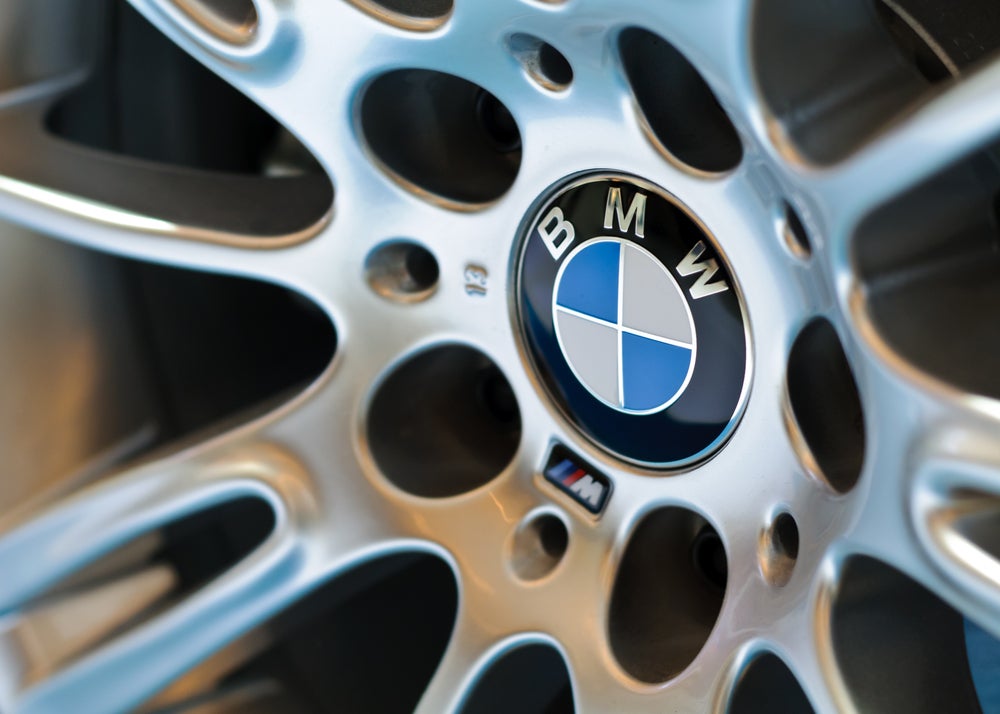The General Motors soap opera rolls
on, with new developments surprising even seasoned car industry
watchers. The latest twist – the news that the American parent is
not to dispose of its European division, Opel, which includes the
UK brand Vauxhall, after all – has provoked anger from the German
government.
Angela Merkel’s administration had
invested heavily, both financially and politically, in the
proposed deal with Magna and Bank of Russia-owned Sberbank, in the
hope that by doing so it could avoid job cuts for German
workers.
Does the Opel news mean that the
outlook for OEMs has improved? The decision by the GM board in the
States was reportedly prompted by improved confidence among board
members regarding the sector’s outlook, as well as a desire to keep
hold of Opel’s valuable expertise in building small cars –
knowledge that will be ever more prized as oil supplies dwindle,
and consumers in developing nations demand large volumes of
efficient cars.
The news has, I would imagine, also
come as a relief to GMAC. No longer will the former captive have to
tackle the prospect of negotiating contracts with Opel’s new
owners, to supply finance to customers (be they private buyers or
retailers) of cars and vans made by a company to which it has no
historic links.
Meanwhile, the prospect of cash-rich
Magna or Sberbank setting up their own finance unit (see MF
June) has gone, too. In current turbulent market conditions,
any development which offers stability has to be welcome.
But that’s not to say that
relationships in other areas of motor finance are set in stone.
There has been much talk in these pages of late regarding a
retuning of the relationship between finance house and dealer
(see the subprime feature from MF October, or the
round table supplement from MF September, for
example).
How well do you really know your competitors?
Access the most comprehensive Company Profiles on the market, powered by GlobalData. Save hours of research. Gain competitive edge.

Thank you!
Your download email will arrive shortly
Not ready to buy yet? Download a free sample
We are confident about the unique quality of our Company Profiles. However, we want you to make the most beneficial decision for your business, so we offer a free sample that you can download by submitting the below form
By GlobalDataFor the long-term future of the
industry, an arrangement has to be found which will allow all
parties in the motor finance equation to do business in a way which
is sustainable and mutually beneficial. This was alluded to once
more at the FLA’s recent Motor Finance Convention – especially when
discussing commissions structures.
There are other relationships which
could do with being re-examined. In the GE Capital profile
(click here
for more details), John Jenkins, the division’s new UK
boss, talks about taking partnership approaches with large
customers, as in, for example, sharing RV risk with the lessee –
which is something that has been creeping into fleet contracts in
recent times, especially with public sector clients.
Richard Hoggart of DSG Financial
Services also takes the view that a closer and more
partnership-oriented relationship between brokers and funders could
reshape the motor finance landscape, to the benefit of both parties
(click here for more details).
Our cover story this month looks at
captives, and how they are developing new ties and strengthening
old ones in order to adapt to the changed market conditions
(click
here for more details).
Not to be left out, the beleaguered
franchised dealer sector might be on the verge of a new era in
manufacturer-retailer relations, prompted by recessionary
pressures, reports consultancy Network Automotive.
In these straitened times, many
dealers simply can’t afford to divert precious cash towards paying
for shiny new fittings for their premises, while manufacturers have
had to cut back on marketing support – with both parties
recognising these facts, and committing to work together for mutual
profit anyway. Well, that’s the theory, in any case – and wouldn’t
it be great if it turned out to be true.






